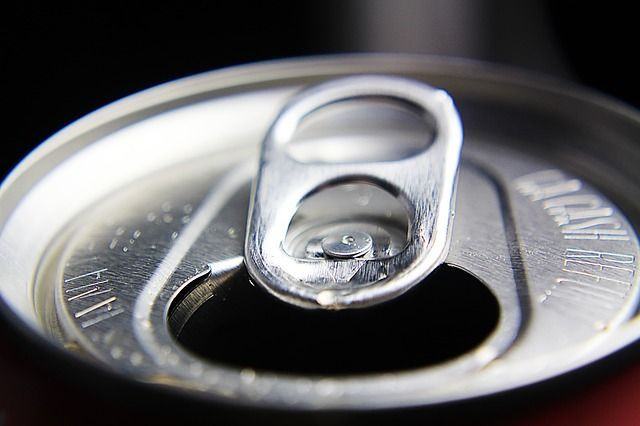Diet Soda And Regular Both Compromise A Woman's Fertility, Artificial Reproduction Chances: Study

At first glance, diet soda may seem like the healthier choice over regular sugar-filled beverages, but in the long run it may not be any better than its high-calorie counterparts. According to a new study, both diet and regular soda could affect the health of a woman’s eggs, and compromise her ability to become pregnant through artificial means.
Over the course of two year, researchers from the Fertility Medical Group in Brazil studied the effects of either diet or sugary drinks on a woman’s fertility. In doing so they noted that both both sugar and sugar substitute both caused eggs to be less likely to be successfully implanted into the womb, The Daily Mail reported. The research concluded that patients should be aware of potential adverse effects of sugar and artificial sweeteners on the success of assisted reproduction.
“The general population believes that artificial sweeteners are healthier than regular sugar, and is not aware of the dangers hidden behind the promise of reduced calorie food and beverages,” the study concluded.
For the study, the team looked at 5,548 egg cells taken from women who were undergoing fertility treatment at the time. They particularly noted shape defects in the eggs and how well the egg performed after being fertilized by sperm.
While the results are interesting, it is difficult to blame artificial sweeteners by themselves for the decreased fertility; instead the issues may be connected to the type of women more likely to drink soda and other sweetened drinks. For example, Professor Richard Sharpe, Group Leader of Male Reproductive Health Research Team, University of Edinburgh, told The Daily Mail that the women who were drinking diet soda may have been doing so in an attempt to lose weight. It is already known that being overweight can seriously compromise a woman’s fertility, so it may be that the diet drink was not a direct cause to any egg defects.
For example, according to Fertility Plus, excess weight can often interfere with a woman’s estrogen levels and cause a condition caused polycystic ovary syndrome, both of which can make it more difficult for a woman to conceive.
While it may be difficult to specifically link artificial sweeteners to fertility issues, past research has found that the artificial sweeteners in diet soda may interfere with our gut microbiome, which could increase your risk for metabolic syndrome — a cluster of conditions such as high blood pressure and high blood-glucose levels that overall increase risk for heart disease.
Source: G Halpern, AS Setti, Braga DPAF, Borges E, et al. Artificial sweeteners - do they bear an infertility risk?
Read More
Diet Soda May Put Older Adults At Risk For Metabolic Syndrome; How Artificial Sweeteners Increase Belly Fat: Read Here
Drinking Diet Soda May Justify Eating More, Higher-Calorie Foods: Read Here



























